People instinctively crave justice. Deep down we need to feel assured that the damage inflicted on us as children was wrong — that it should never have occurred and that someone ought to have intervened. Yet those who hurt children seldom accept responsibility, so many survivors never receive an apology, lack essential family support, or are shamed and cast out by relatives. Even when the emptiness left inside is palpable, some of us find ways to heal and keep moving forward. Today’s letter comes from a man I’ll call Robert. He writes: Hi Anna — would you help me mend my wounded heart and free myself from the persistent sense that I’m not worthy of someone’s love, affection, or acceptance? Okay, I’ve got my fairy pencil ready to mark things I want to return to. That’s an important question — let’s read through Robert’s story and see what’s happening in his life.
My mind keeps replaying painful memories of abuse: beatings, starvation, being burned with hot objects, being locked in rooms and basements, neglect, isolation, bullying at school, assault, racial hatred, religious trauma and oppression. I want to find a loving partner and happiness, but I’m constantly rejected, stood up, ghosted and denied love, romance and affection by other men in my gay community, which is mostly white where I live. I’m a 48-year-old Black gay man. I grew up in a small town with three sisters and one brother. My mother was addicted to drugs and my father was a rigid authoritarian who used violence. I was the family scapegoat — the black sheep. My mother was particularly rageful when she struggled to get her next fix. I was treated like the family servant, doing most of the chores and functioning as the man of the house from age seven. This is a lot to carry. I was abused in part because I was gay, which exposed me to hatred, torture, religious abuse, spiritual coercion and depression. My family suspected I was gay long before I even knew it myself. There was no closet to come out of; it was as if I was born guilty and in need of being “fixed.” They tried to “pray the gay away,” and when that failed they turned to beating it out of me. Within the Black community being gay felt like a religious horror — full of physical, spiritual and psychological abuse and terrible treatment. My own mother spat in my face, told me she hated me and wished I were dead; she beat me severely simply for eating a piece of bread I’d found in the trash while doing chores. She used starvation as punishment, especially toward me.
My brothers and sisters weren’t treated the same by both parents — they were my parents’ pride and joy. If it weren’t for my brother and younger sister secretly slipping me food when my mother wasn’t looking, I would have starved. Their love helped me survive emotionally. I finally ran away at 15, went to the West Coast and never moved back. I essentially raised myself on the streets. Through Job Corps, a federal program for low-income youth, I earned my GED, trained as a certified nurse’s assistant, worked in many healthcare settings, became a licensed practical nurse and later earned a degree in social work. I’ve worked with people with severe mental illness. At the start of COVID-19 I trained for private security and now work closely with law enforcement protecting property and holding criminals accountable. I’ve given my life to serving my community and country. Back home I was labeled a loser and an abomination; now, when I’m in uniform, I’m often seen as a hero.
Last year I completed 25 years of psychological therapy, learning to love myself and accept that my family hated me. Most of my immediate family members have died — my mother from COVID, my father from pancreatic cancer, my brother from alcohol-related issues, and all three sisters from COVID. I’m technically a virgin because no one has ever fallen in love with me romantically. I wonder if my abuse doomed me to remain single. My Blackness seems to interfere with my dating life in the local gay scene, and I’m afraid of dating Black men because of past abuse by them. I’m a man with a heart of gold — I’m not vengeful or hateful. I’ve learned to forgive and feel compassion; maybe my abusers themselves were damaged by childhoods like mine. Deep down I long for accountability, closure and an apology from those who hurt me, but none has come. There’s an empty place where family should be. I’m trying to feel comfortable in my own skin and to quiet the ache in my heart. Today I’m experiencing intense loneliness and despair. I’ve tried many ways to connect with gay men and find a partner, but despite everything I keep being rejected, dumped, ghosted, let down and disappointed. I’m close to giving up on love and resigning myself to living alone forever just to protect what’s left of my sanity and self-esteem. Can you please help me?
This is a deeply moving letter. What they did to you was absolutely wrong; you were a child and didn’t deserve any of it. Yet look at what you’ve accomplished: you’ve brought care into the world through your work, you earned your GED, pursued training and education, and devoted yourself to helping others. That resilience matters. You were the scapegoat and black sheep, and that kind of treatment leaves wounds — some of your experiences I can’t pretend I’ve lived through, but I recognize enough to feel how hard it’s been. You didn’t deserve it, and it’s remarkable you’ve made it this far.
When you speak of attraction patterns, there’s often a link between who we’re drawn to and early caretaking patterns; those old reflexes can persist. Now you’re at a more mature stage of healing and can begin to change those patterns. Sometimes healing starts with creating space — temporarily not pursuing romantic entanglements — so your attraction can shift toward partners who are kind, caring and accepting of all of you, including the parts that might react under stress. Many trauma survivors develop reactivity under pressure; it’s possible that under stress your trauma responses appear and make relationships difficult. The aim of recovery is to be able to enter relationships without the level of reactivity that undermines them. You said you want a “suitable” partner — you already have what it takes to be suitable; you bring a great deal.
There may be hidden avoidant habits — for example, choosing partners who are unavailable, unstable, or even abusive as a way of unconsciously protecting yourself. That reflex often comes from past trauma. One thing that helps is connecting with a community of people working on their own healing: membership groups, 12-step programs, therapy groups — places where people share stories and growth. Being among others who understand your experience helps. When people tell similar stories, you learn and absorb strategies and validation. You belong with people who get it. Many with PTSD or CPTSD discover they’re not alone — sometimes adult trauma magnifies childhood wounds, and facing both together can make you a harder person to be with until you’ve processed them. Processing gives you tools to manage thoughts and feelings so they stop being as jammed and noisy.
Because of your mental health work and your own therapy, you may already have talked about your childhood. If not, a therapist can help; there are also everyday tools for moments when anxiety spikes — when you’re afraid of being rejected or ghosted and don’t know how to act. Have a plan for those moments: use grounding techniques like writing down what’s coming up, or simple self-regulation tools. It’s not strange — it’s self-care. Tell people you trust that you use these practices so it doesn’t feel awkward; good partners will be okay with your coping strategies. Taking care of your emotional nervous system is a sign of strength.
A specific method that helps is to write the troubling thoughts and feelings on paper, ask for them to be moved out, and then rest the mind in meditation. Naming what’s stuck, getting it out on paper, and allowing a quieting practice creates space and perspective. It gives you a chance to breathe and try again — to allow something new to emerge instead of being defined by your parents’ rage, neglect and cruelty. Remember: those harmful messages were their pathology, not yours. As an adult, naming and relocating that pain restores the sense that it’s not you.
You are not unacceptable. You’ve achieved much and are capable of giving and receiving love. Losing family ties can paradoxically open space for healing: when the people who hurt you are no longer present, the entanglement loosens and you can begin to make choices for yourself. The process of healing is about deciding what you will and won’t permit, who you’ll invite for support, trying things, rejecting what doesn’t work — you’re in charge now. In addition to your career accomplishments, cultivate a rich inner and social life that nourishes you as a man, a gay man, and as a human spirit. Connections with friends can be a powerful way to practice healthy closeness. If you build a solid friendship network, you can approach dating from a place of abundance: you won’t feel forced to accept unacceptable behavior just to avoid being alone. Friends let you show up as yourself without having to beg for validation.
When it comes to dating, go very slowly. Fast, intense attachments are common when children were neglected or rejected — we’re wired to latch on quickly to avoid abandonment. But that causes people to make a potential partner carry far too much responsibility too soon. Take time to get to know someone and gradually reveal your true self. Many veterans with PTSD adopt a “cover story” — a concise, carefully chosen summary of their experiences they feel comfortable sharing without triggering themselves. Similarly, in dating you can have a measured way of disclosing your history so you don’t overwhelm yourself or the other person.
It’s natural to long to be parented by a romantic partner after childhood deprivation, but a dating partner isn’t obliged to replace a parent. The healthy path is to discern whether someone could be a partner and to allow that identification to unfold slowly. Clarify what you want and refuse to date people who cannot or will not meet those needs. As you stop wasting energy on people who disappoint you, your emotional radar clears and your real, luminous self can come forward. That’s how people fall in love with you — when your spirit is shining.
If you want more structured guidance, there are dating courses available that teach how to approach relationships mindfully. Many resources and courses are listed in the description of these talks and on the website. For immediate help, learn daily practices that let you move distress out of your body and mind — writing, meditative rest and consistent small steps that gradually create more inner space so warmth and connection can grow in your heart again. There are free resources and a detailed program in the book Re-Regulated that explain these methods step by step. Start using a daily practice today to shift distress onto paper, create breathing room, and invite newness — the possibility that things need not repeat the old patterns. You’re worthy of love and connection, and with tools, community and patience you can open to it. Download the daily practice resource and begin right now. See you soon. [Music]


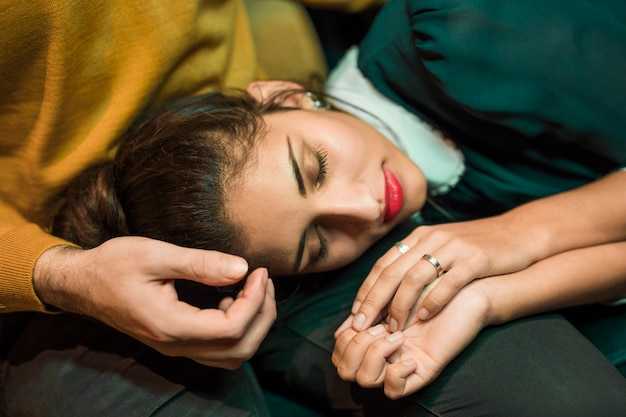 The Abusers Are Gone, But The Hurt Still Needs Healing">
The Abusers Are Gone, But The Hurt Still Needs Healing">

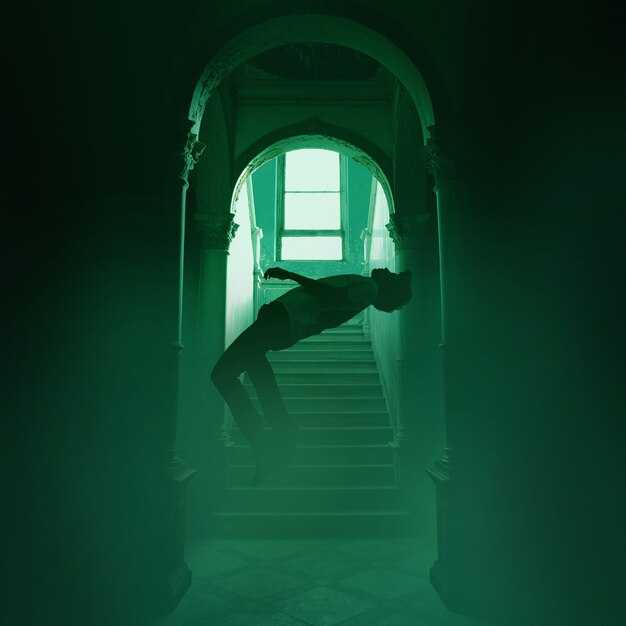 Trauma je portál, kudy se dovádí zlo, pokud s ním nebojuješ.">
Trauma je portál, kudy se dovádí zlo, pokud s ním nebojuješ.">
 10 Způsobů, jakými Minulá Trauma Potlačují Příjem (Jak to teď změnit)">
10 Způsobů, jakými Minulá Trauma Potlačují Příjem (Jak to teď změnit)">
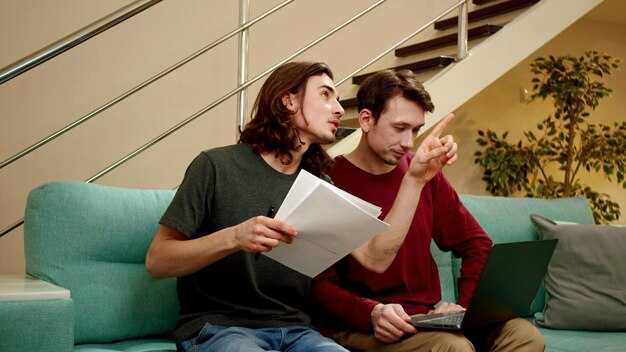 Manželství rady nefungují na narcisty.">
Manželství rady nefungují na narcisty.">
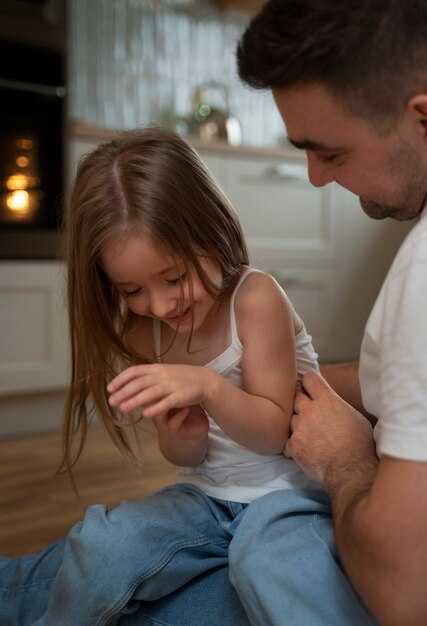 ">
">
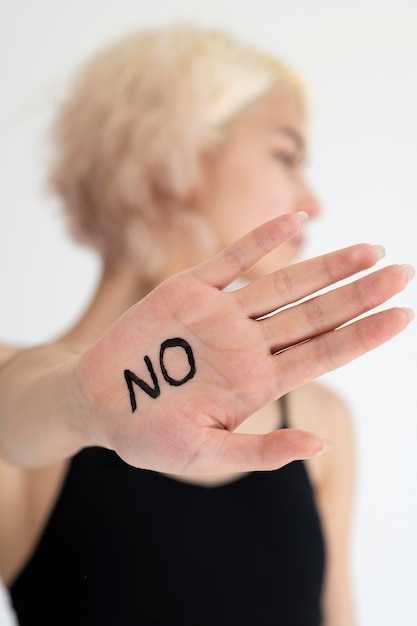 5 Vět, které "odemknou" vyhýbavé osoby, když mlčí">
5 Vět, které "odemknou" vyhýbavé osoby, když mlčí">
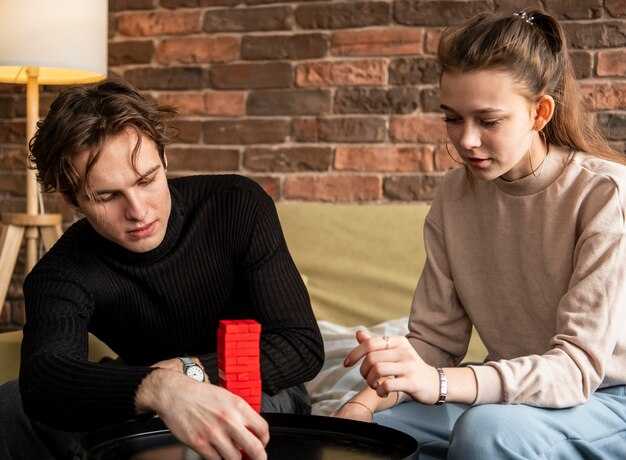 7 Clues to SPOT the Narcissist EARLY!">
7 Clues to SPOT the Narcissist EARLY!">
 How to FIGHT so you don’t HATE each other.">
How to FIGHT so you don’t HATE each other.">
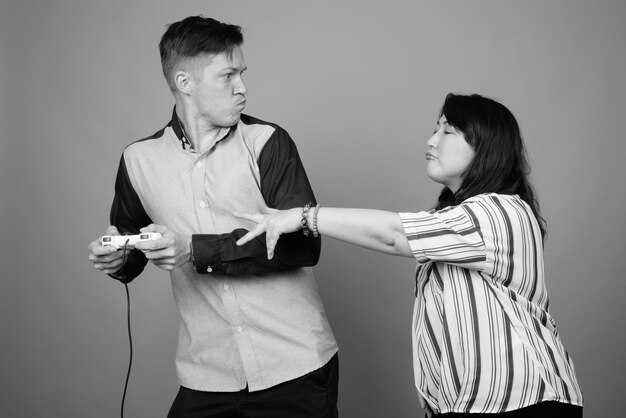 My Partner Always Feels Attacked!">
My Partner Always Feels Attacked!">
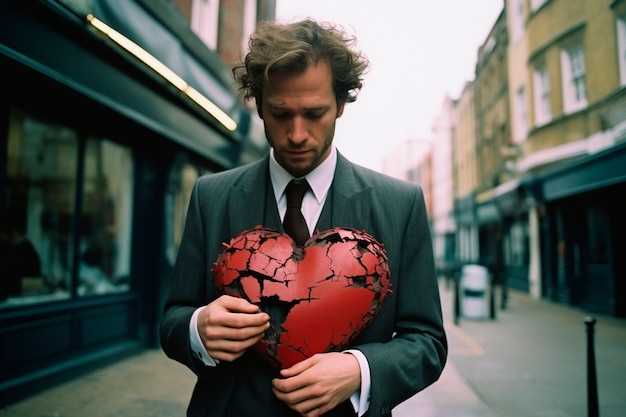 3 Ex-Avoidants REVEAL What FINALLY Made Them Change And STOP Running From Love">
3 Ex-Avoidants REVEAL What FINALLY Made Them Change And STOP Running From Love">
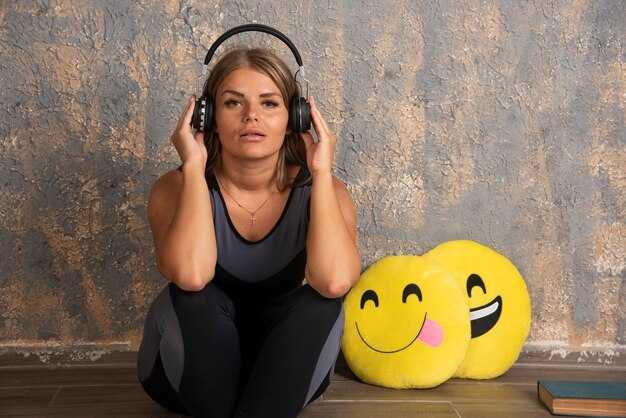 Why ‘Managing Your Emotions’ Is Making You Feel Worse">
Why ‘Managing Your Emotions’ Is Making You Feel Worse">